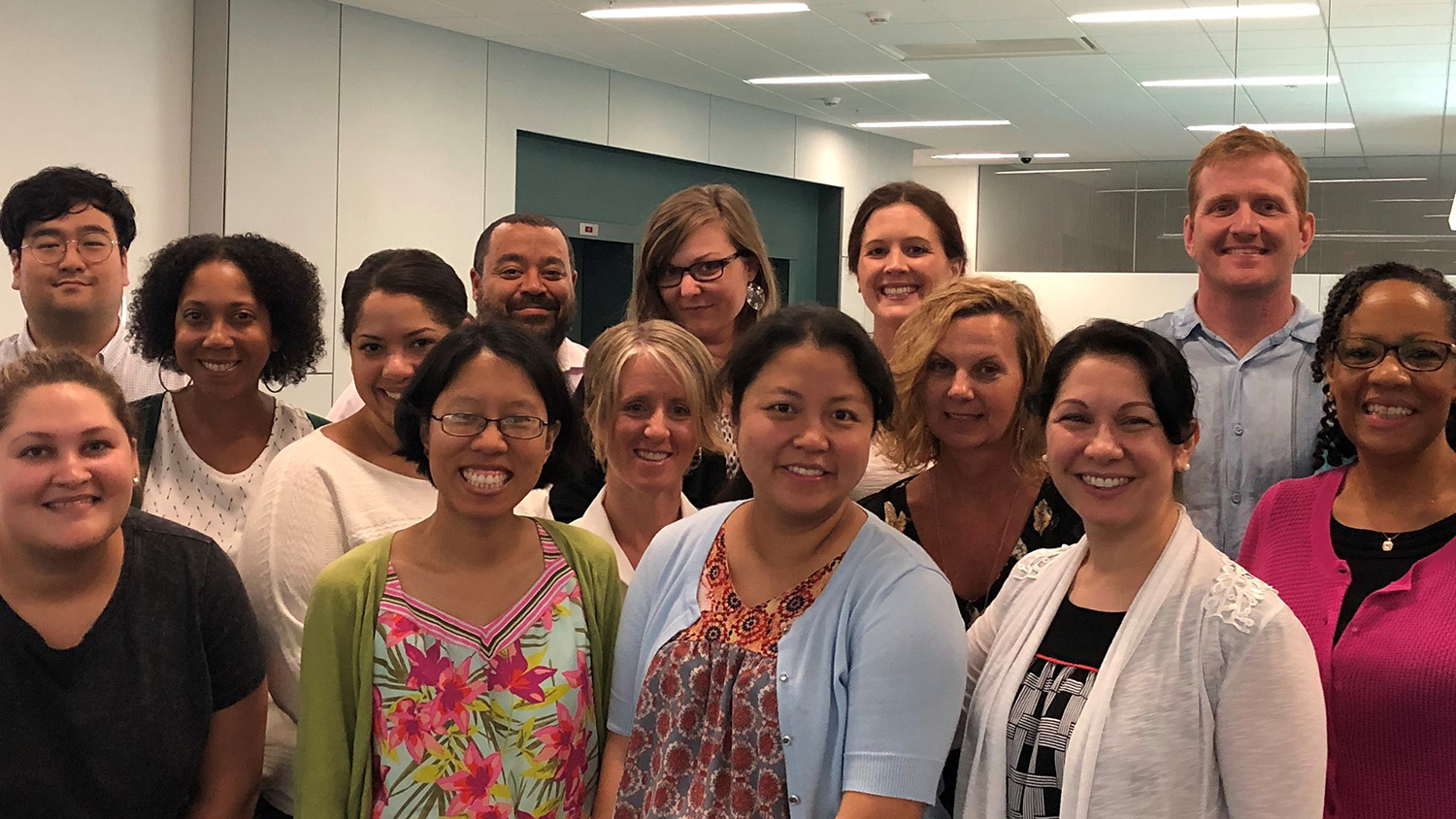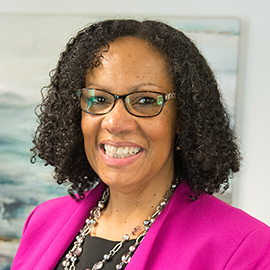Five Questions with the Office for Institutional Equity and Diversity

NC State’s Office for Institutional Equity and Diversity (OIED) works with faculty, staff, students and the community to create a more inclusive and welcoming campus for all. The office strives to accomplish this goal through offering a wide variety of educational opportunities, including the Cultural Competence and Inclusivity Certificate program.
We spoke with Beverly Williams, director of training and education for OIED, about the program, its benefits and other ways faculty and staff can increase their cultural competency.

What is the Cultural Competence and Inclusivity Certificate program and what was the inspiration behind the program?
OIED has offered a wide range of cultural competence education activities and initiatives for a while now — we wanted to help faculty develop the skills necessary to effectively engage in an increasingly diverse campus and world. We developed the Cultural Competence and Inclusivity Certificate program in an effort to expand our offerings, and started with a website describing how to increase your cultural competence. Now, there are three components to the program, which officially debuted fall 2019.
Our online component — DiversityEdu for Faculty: Personal Skills for a Diverse Campus — is a training course that focuses on engaging with diversity and growing inclusive culture, and provides information and skills for building inclusive environments (at no cost). We’ve had about 119 faculty register so far. The next component is the CQ Cultural Intelligence Assessment, which introduces faculty to the cultural intelligence model using the CQ instrument, with an emphasis on communication across cultures as it relates to participants’ roles within NC State ($100 per participant). The assessment is actually available to all of campus. Finally, Building Cultural Competence Knowledge and Skills is an in-person session where participants practice skills for engaging effectively across differences, and explore identities and the impact of socialization on identities. Faculty can complete DiversityEDU and take the Building Cultural Competence Knowledge and Skills workshop even if they don’t opt to complete the full certificate program.
How can faculty use this program to increase not only their cultural competency, but that of others around them (i.e. students in their classes, research assistants, etc.)?
One of the goals of the Cultural Competence and Inclusivity Certificate program is to help faculty positively influence others, including their students. The more faculty demonstrate cultural competence skills — how to engage with people with differing opinions and from different backgrounds — the more that will help students. These students will learn from the example that faculty set, and will feel more comfortable having discussions related to diversity.
What sort of dialogues do you hope that the program starts with participants?
We really want to start a dialogue on diversity in general. Through the certificate program, we hope participants will feel more comfortable engaging across differences. We want them to be willing to have important conversations and get to know people different from them, whether that’s colleagues, students or visitors to campus. They should become more motivated to learn about diverse populations.
There are so many diversity-related activities and initiatives happening every day at NC State. One recent example is the Diversity in STEM Symposium, which gave many people the opportunity to engage in dialogue on the experiences of different populations. We’re in the process of building out our website to showcase more opportunities to engage and learn. You’re never going to be completely culturally competent because there’s always more to learn — people and times change and you’ll always be developing your cultural competence. We really hope that the certificate program will be a starting point for many more learning opportunities.
What are some other ways faculty and staff can increase their cultural competency?
OIED’s website has some wonderful information that includes workshops and training related to creating and maintaining an inclusive and welcoming campus community. We’re also working on a website that will have additional resources for all of campus, including a listing of books, podcasts, helpful websites and more. We hope to have that ready by the end of this semester.
Are there plans to grow cultural competency training in the future?
We have so many training opportunities already, but we’ll continue to grow. In the future, we’ll put more focus on our Equal Opportunity Institute, which seeks to improve NC State’s campus climate through developing the understanding and skills to effectively engage with increasingly diverse working and learning environments. We’re going to look at resources available outside the university, as well as developing other training in various formats like lunch and learns and webinars.
- Categories:


